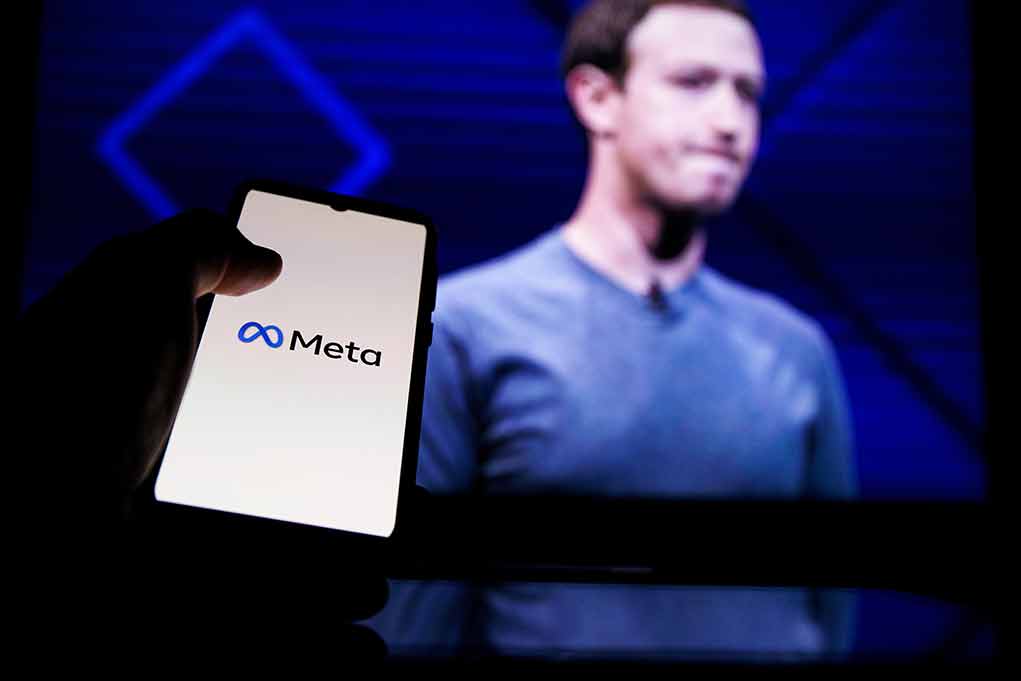
Meta’s $167 million win against NSO Group exposes the dark world of government-backed surveillance, revealing how foreign spyware accessed 1,400 WhatsApp accounts targeting journalists and activists.
Key Takeaways
- Meta won a landmark $167.3 million in punitive damages against Israeli surveillance firm NSO Group for illegally exploiting WhatsApp to install spyware
- NSO Group’s Pegasus spyware targeted journalists, dissidents, and government officials in 20 countries without users’ knowledge
- Meta plans to donate all damages to digital rights organizations, reinforcing their stand against surveillance technology abuse
- Despite NSO’s claims of helping government agencies fight terrorism, the company remains blacklisted by the U.S. Commerce Department since 2021
- The verdict sends a powerful message to the growing spyware industry about legal consequences for illegal surveillance activities
Meta’s Victory Against Government-Backed Spyware
In a crushing blow to the shadowy world of surveillance technology, Meta Platforms secured a $168 million verdict against Israeli firm NSO Group after a six-year legal battle. The California jury awarded Meta $444,719 in compensatory damages alongside a staggering $167.3 million in punitive damages, sending shockwaves through the surveillance industry. This landmark case centered on NSO’s exploitation of a vulnerability in WhatsApp’s system that allowed the company to install its notorious Pegasus spyware on users’ devices without their knowledge or consent, giving unauthorized access to private communications of journalists, human rights activists, and government officials.
The legal battle began in 2019 when Meta (then Facebook) sued NSO Group for unauthorized access to WhatsApp’s servers – a bold move against a company known to work with government intelligence agencies worldwide. Judge Phyllis Hamilton of the U.S. District Court for the Northern District of California presided over the case, which revealed disturbing details about NSO’s operations. Despite NSO’s repeated claims that they only sell to legitimate government agencies for fighting terrorism and crime, evidence presented showed a pattern of targeting individuals who challenged authoritarian regimes across multiple countries.
“Today’s verdict in WhatsApp’s case is an important step forward for privacy and security as the first victory against the development and use of illegal spyware that threatens the safety and privacy of everyone,” according to Meta.
The Dangerous Evolution of Spyware Technology
The trial offered a rare glimpse into the sophisticated capabilities of modern spyware. NSO Group’s Pegasus software has evolved from requiring user interaction to install to newer “zero-click” versions that can secretly compromise devices without any action from the target. This technological advancement represents a frightening escalation in surveillance capabilities, essentially allowing government clients to gain complete access to a target’s digital life with virtually no trace. The case detailed how NSO exploited WhatsApp’s infrastructure to deliver this invasive spyware to over 1,400 devices across 20 countries.
“The jury’s verdict today to punish NSO is a critical deterrent to the spyware industry against their illegal acts aimed at American companies and our users worldwide. This is an industrywide threat, and it’ll take all of us to defend against it,” said Will Cathcart, head of WhatsApp.
Digital rights advocates have hailed the verdict as a watershed moment in the fight against surveillance overreach. Natalia Krapiva, a digital rights expert, described NSO as “a poster child for the surveillance industry and their abuses and impunity.” The case has exposed how commercial spyware companies operate in a murky ethical territory, often claiming to support legitimate law enforcement while providing tools that authoritarian governments use to silence dissent. With more than two billion WhatsApp users worldwide, the implications of such surveillance capabilities are vast and concerning.
Consequences and Future Impact
NSO Group faces mounting troubles beyond this financial penalty. The company was blacklisted by the U.S. Commerce Department in 2021, severely restricting its ability to work with American companies. Apple also previously sued NSO Group in 2021 for similar violations before later dropping the suit. The Israeli firm now plans to examine the verdict details and pursue “appropriate legal remedies, including further proceedings and an appeal,” according to Gil Lainer, an NSO spokesperson who continues to defend their technology as playing “a critical role in preventing serious crime and terrorism.”
“NSO’s business is based on hacking American companies, and then dictators can hack dissidents. This verdict sends a clear signal,” said John Scott-Railton, senior researcher at the Citizen Lab.
Meta’s decision to donate all damages received to organizations focused on digital rights advocacy reinforces the company’s stated commitment to protecting user privacy. This verdict establishes an important precedent that may deter other spyware developers from similar invasive practices. As surveillance technology continues to advance, the case highlights the growing tension between security agencies’ desire for information access and fundamental rights to privacy. For conservative Americans concerned about government overreach and protection of constitutional freedoms, this ruling represents a rare check on entities that enable unprecedented levels of surveillance.











